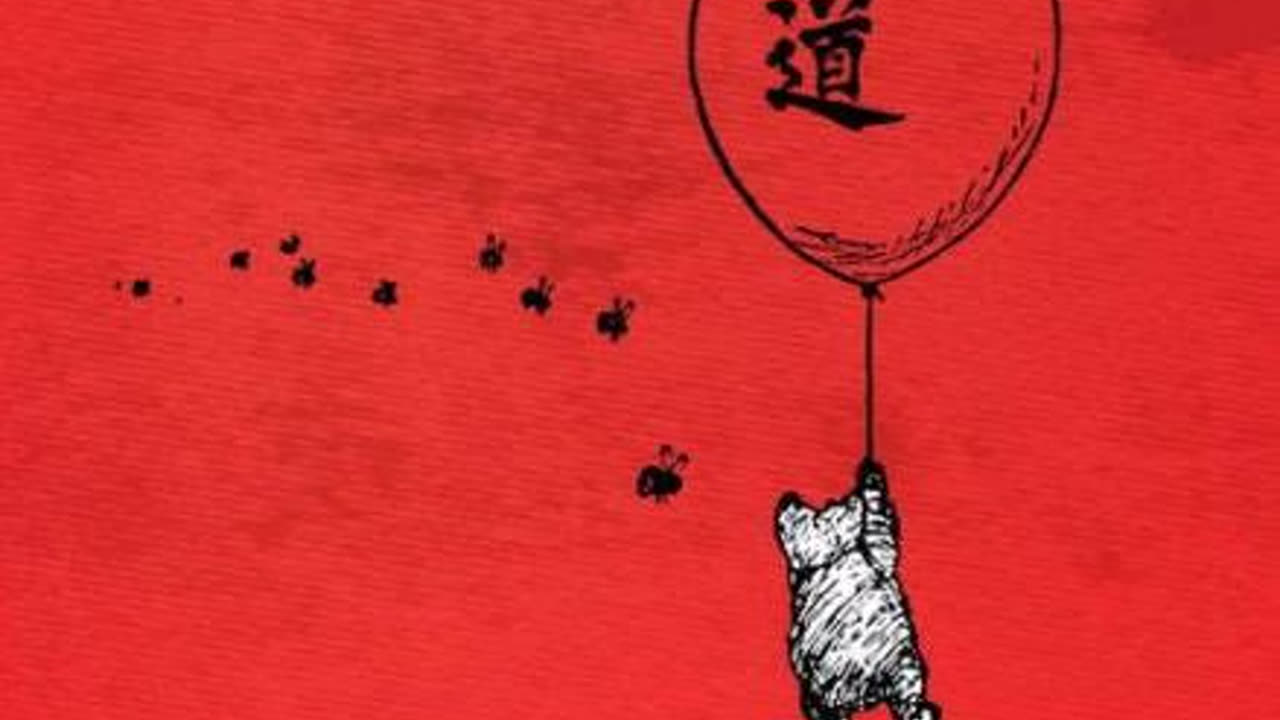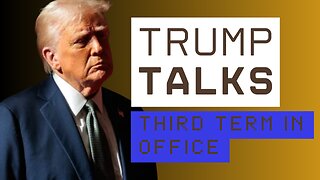Premium Only Content

The Tao of Pooh by Benjamin Hoff | Summary and Critique
Buy Here: https://amzn.to/4gMBCgt
"In Benjamin Hoff's delightful book, ""The Tao of Pooh,"" readers embark on a whimsical and enlightening journey that explores the principles of Taoism through the beloved characters of A.A. Milne's Winnie-the-Pooh stories.
The book begins by introducing the philosophy of Taoism, which emphasizes living in harmony with the natural flow of the universe and embracing simplicity, spontaneity, and non-action. Hoff uses the characters from the Hundred Acre Wood, such as Pooh Bear, Piglet, Eeyore, and Tigger, to illustrate different aspects of the Taoist philosophy.
Through the character of Pooh, who embodies the principle of ""wu wei"" (effortless action), Hoff demonstrates the value of being present in the moment and letting go of excessive striving. Pooh's simple and contented nature serves as a reminder to embrace the joy of life and find happiness in the simplest of things.
Piglet represents the Taoist principle of humility and the recognition of one's small place in the vast universe. Piglet's timid and modest character teaches the importance of being humble and not seeking recognition or attention.
Eeyore, with his perpetual gloominess, embodies the acceptance of the inevitable ups and downs of life. Eeyore's resilience in the face of adversity serves as a reminder that setbacks and challenges are an inherent part of existence, and learning to accept them with equanimity is key to finding peace.
Lastly, Tigger symbolizes the principle of spontaneity and embracing one's true nature. Tigger's exuberance and zest for life encourage readers to let go of societal expectations and embrace their unique individuality.
Hoff's writing style infuses the book with charm and simplicity, making it accessible to readers of all ages. He uses the beloved characters and whimsical anecdotes to illustrate profound Taoist concepts, allowing readers to understand and appreciate the wisdom of this ancient philosophy.
Critics of ""The Tao of Pooh"" argue that the book oversimplifies the complexities of Taoism and reduces it to a childlike interpretation. Some feel that the connection between the Taoist philosophy and the Winnie-the-Pooh stories is forced, lacking depth and intellectual rigor.
However, supporters of the book appreciate its ability to introduce Taoism in an accessible and engaging way. They value the book's ability to distill complex concepts into relatable stories, making Taoist principles more relatable and applicable to everyday life.
""The Tao of Pooh"" has gained popularity as a unique and charming introduction to Taoism. It serves as an invitation for readers to reflect on the profound wisdom hidden within seemingly simple stories. Whether viewed as a rigorous exploration of Taoist philosophy or a lighthearted introduction to its principles, the book continues to inspire readers to embrace the wisdom of the Tao and find joy and contentment in the simple pleasures of life."
-
 1:30:21
1:30:21
Game On!
13 hours ago $3.46 earnedMarch Madness Doesn't Need a 68 Team Bracket! Final 4 is SET!
29.3K -
 1:26:25
1:26:25
JULIE GREEN MINISTRIES
3 hours agoLIVE WITH JULIE
116K206 -
 1:08:18
1:08:18
Nick Shirley
17 hours ago $22.37 earnedIRL Confronting Anti-Elon Protesters at Tesla
53.8K238 -
 13:46
13:46
Rethinking the Dollar
16 hours agoTrump's Third Term: Real Threat or Bluff?
41.2K55 -
 22:10
22:10
CatfishedOnline
13 hours agoVictim Sells Her Home To Help A Romance Scammer!
47.7K15 -
 6:51
6:51
Film Threat
22 hours agoBOB TREVINO LIKES IT | Film Threat Reviews
57.4K5 -
 1:59:05
1:59:05
TheDozenPodcast
21 hours agoFalse ALLEGATIONS, supporting Tommy Robinson & Police HARASSMENT: Laurence Fox
57.9K8 -
 21:15
21:15
Mrgunsngear
21 hours ago $3.82 earnedNavy Sailor Wrongfully Jailed For Guns He Didn't Have - Update Under Trump's DOJ
45.3K24 -
 8:50
8:50
Ethical Preparedness
1 day agoQuickly Crush & Reverse Type 2 Diabetes after the Collapse
40.6K6 -
 15:06
15:06
Russell Brand
1 day agoPeople Are SHOCKED As Bill Burr Goes After Elon Musk on 'The View'
161K258